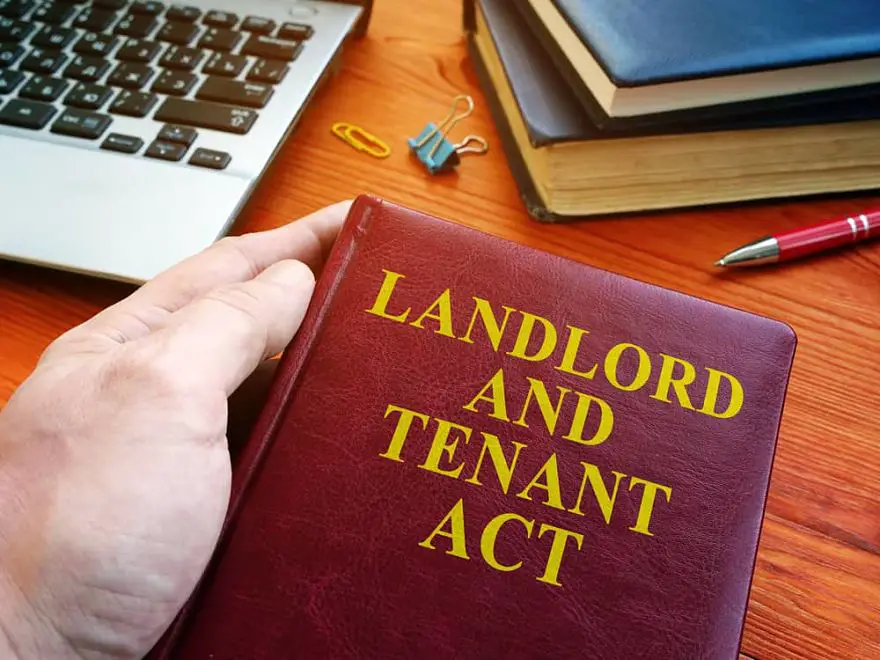With its vibrant culture, diverse landscapes, and rich history, Louisiana attracts countless visitors year-round. This influx of tourists has spurred a growing market for short-term rentals, making it a lucrative opportunity for property owners. However, navigating the legal landscape of seasonal rentals can be challenging. Understanding Louisiana rental laws is essential for ensuring compliance and avoiding potential legal issues. This blog will cover the key legal considerations for short-term leasing in Louisiana, helping you make informed decisions and operate within the law.
Understanding Louisiana Rental Laws for Short-Term Rentals
Short-term rentals, often listed on platforms like Airbnb and VRBO, involve renting out a property for a few days to a few months. While this can be profitable, it's crucial to adhere to specific regulations that govern this type of leasing in Louisiana.
- Zoning and Permits
Before listing your property as a short-term rental, check local zoning laws. Many cities and parishes in Louisiana have specific zoning regulations that determine where short-term rentals are permitted. For instance, New Orleans, a popular destination, has strict zoning laws and requires property owners to obtain a Short-Term Rental (STR) permit. These permits categorize rentals into different types, such as residential or commercial, and come with distinct regulations and fees.
- Tax Obligations
Short-term rental operators in Louisiana are subject to various taxes, including sales tax, hotel occupancy tax, and potentially local tourism taxes. It's vital to register with the Louisiana Department of Revenue and ensure that you collect and remit the appropriate taxes. Platforms like Airbnb often assist in this process, but it's the owner's responsibility to ensure compliance. - Lease Agreements and House Rules
Even for short-term rentals, having a clear lease agreement is essential. This agreement should outline the terms of the stay, including the duration, payment details, and house rules. House rules might cover noise restrictions, pet policies, and guidelines for using amenities. A well-drafted agreement protects both the owner and the guest, ensuring mutual understanding and reducing the risk of disputes. - Insurance Considerations
Standard homeowner's insurance policies may not cover short-term rental activities. Therefore, it's important to obtain adequate insurance coverage that specifically includes short-term rentals. This type of insurance typically covers property damage, liability, and loss of income due to cancellations. Additionally, some hosting platforms offer insurance programs, but it's wise to have your policy for comprehensive protection. - Health and Safety Regulations
Safety should be a top priority for short-term rental operators. Louisiana rental laws mandate compliance with health and safety regulations, including smoke detectors, carbon monoxide detectors, and fire extinguishers. Regular property maintenance and safety checks are crucial to prevent accidents and ensure a safe environment for guests.
Navigating the Legal Landscape
- Neighbor Relations and Community Impact
One of the significant challenges of operating a short-term rental is managing neighbor relations. Noise, parking issues, and frequent guest turnover can cause tension in residential neighborhoods. Engaging with your neighbors and addressing their concerns proactively can help maintain a positive relationship and avoid conflicts. - Professional Management Services
If managing a short-term rental feels overwhelming, consider hiring a professional property management service. These companies handle everything from marketing and guest communication to cleaning and maintenance, ensuring compliance with Louisiana rental laws and local regulations. While this incurs additional costs, it can save time and reduce stress, especially if you own multiple properties. - Staying Informed and Adapting
The legal landscape for short-term rentals is constantly evolving. Staying informed about changes in Louisiana rental laws and local regulations is crucial for maintaining compliance. Joining local host associations, attending community meetings, and subscribing to industry newsletters can help you stay updated on the latest developments.
Conclusion
Operating a seasonal rental in Louisiana can be a rewarding venture, but it requires careful attention to legal considerations. Understanding and complying with Louisiana rental laws, securing the necessary permits, managing tax obligations, and ensuring guest safety are all vital steps in this process. By staying informed and proactive, you can navigate the complexities of short-term leasing and enjoy the benefits of this growing market while contributing positively to your community.





